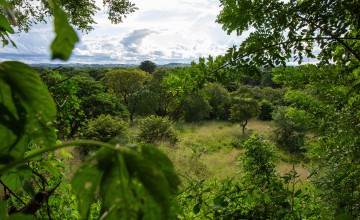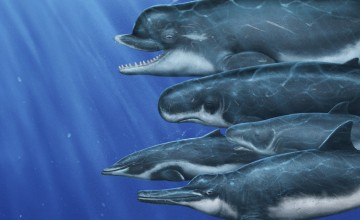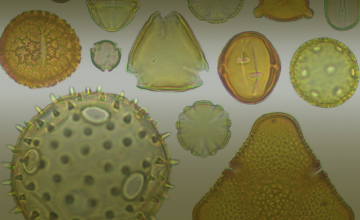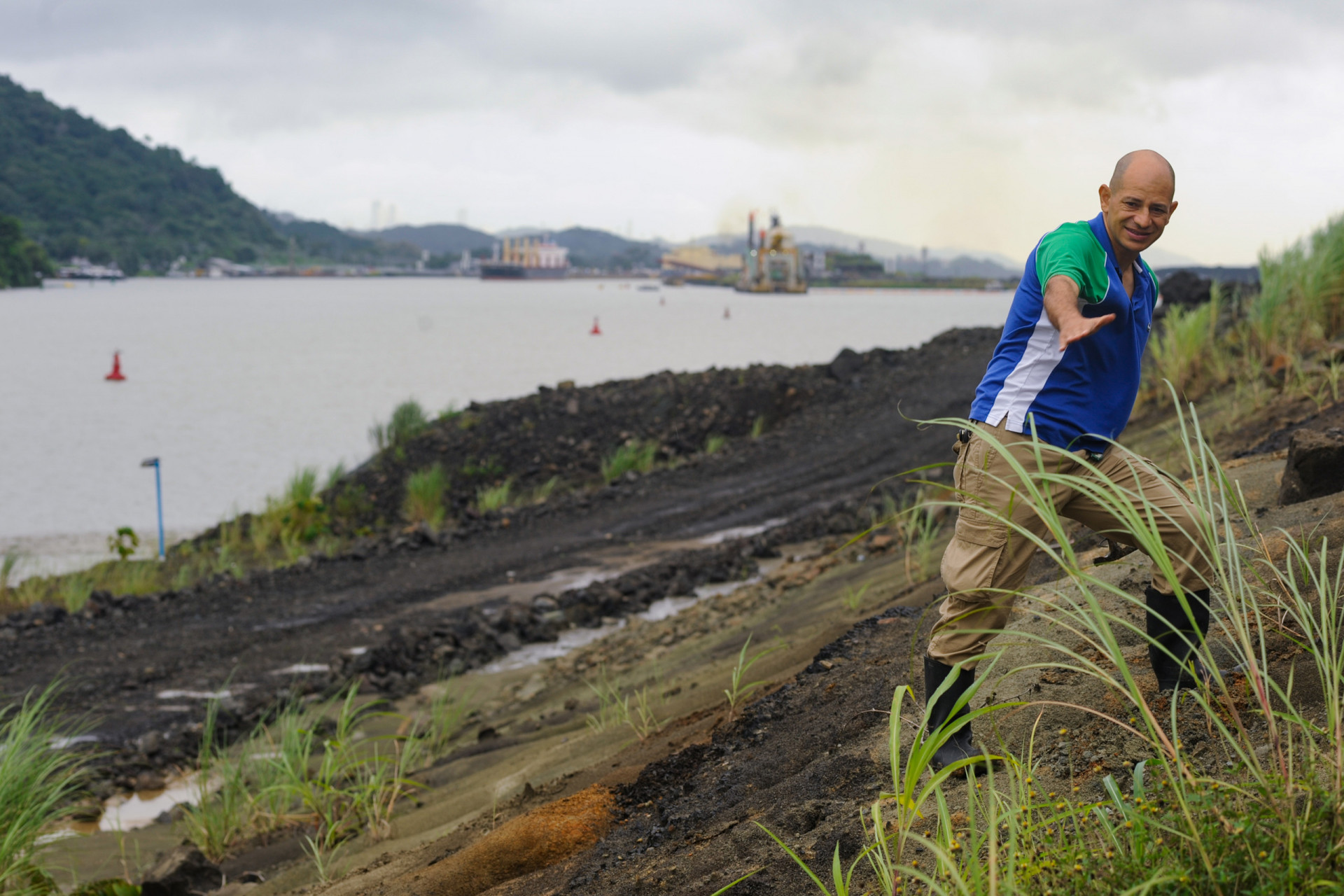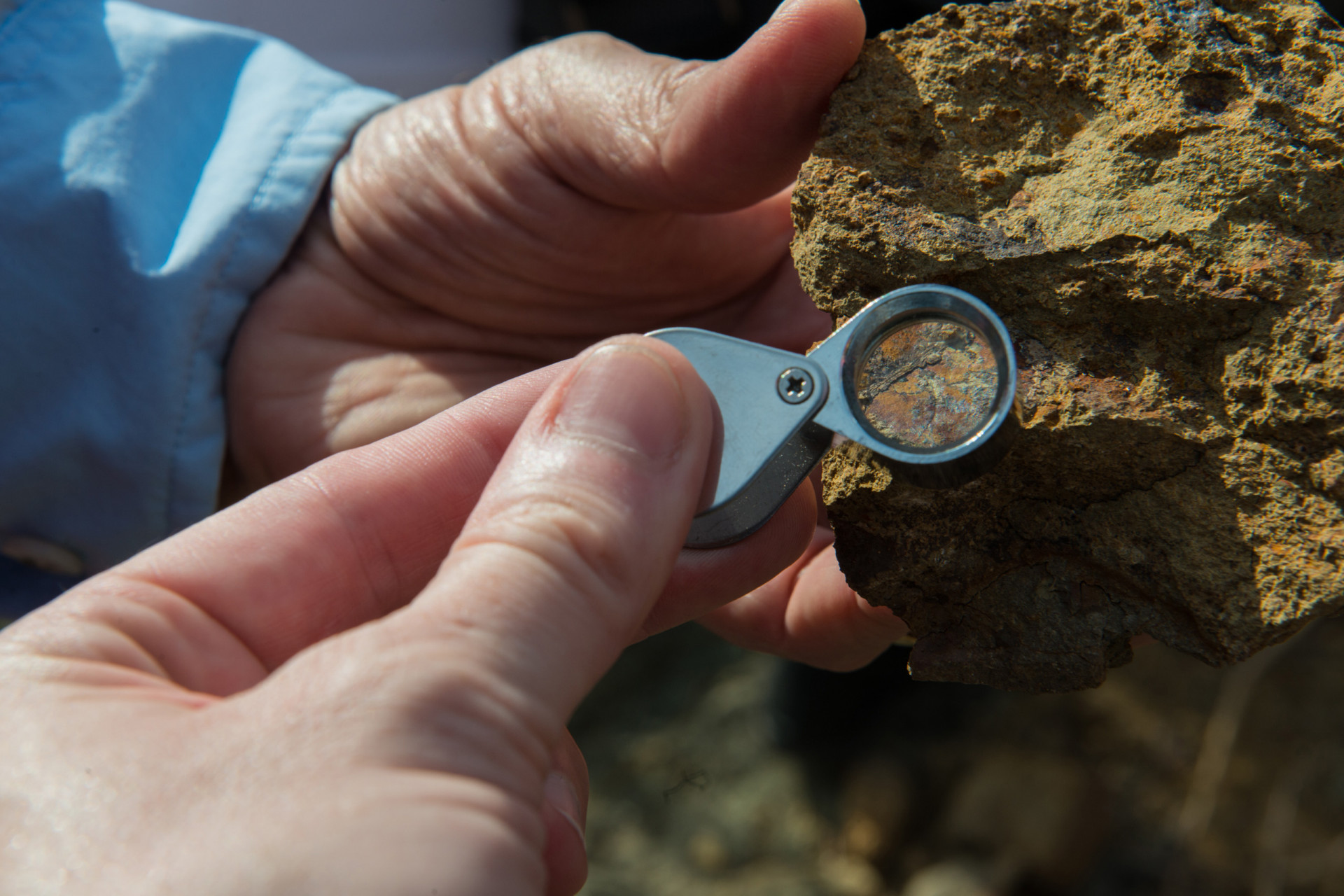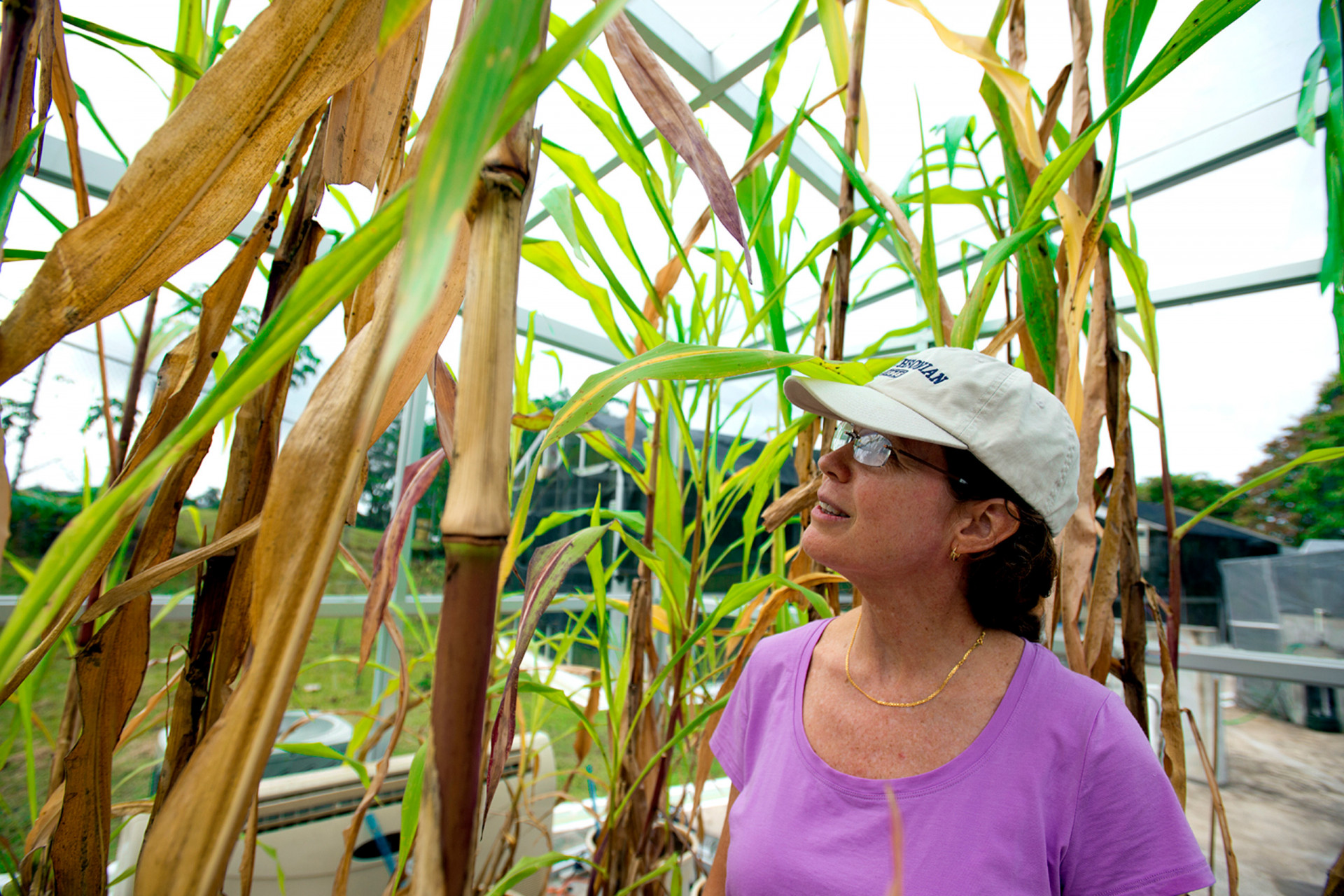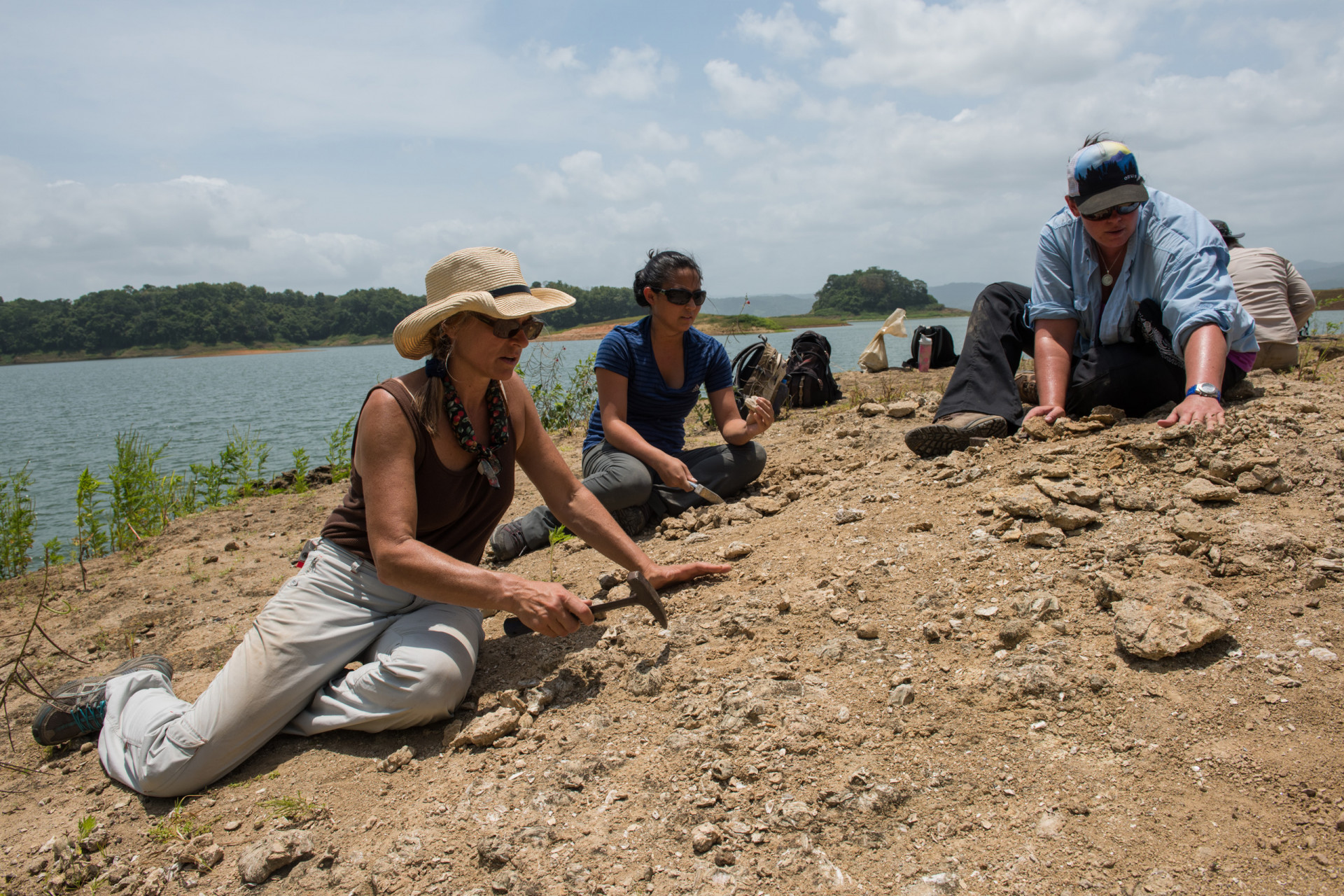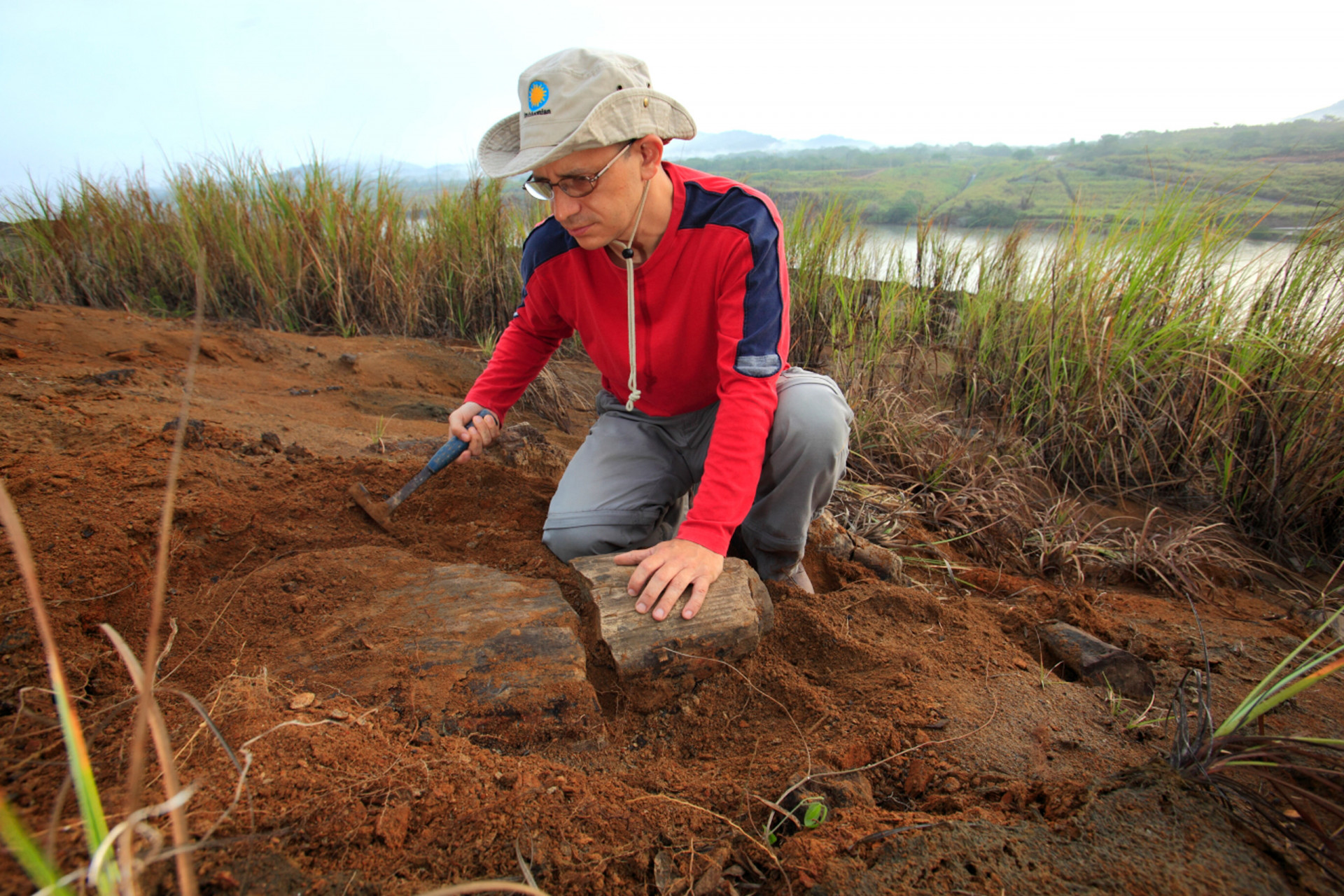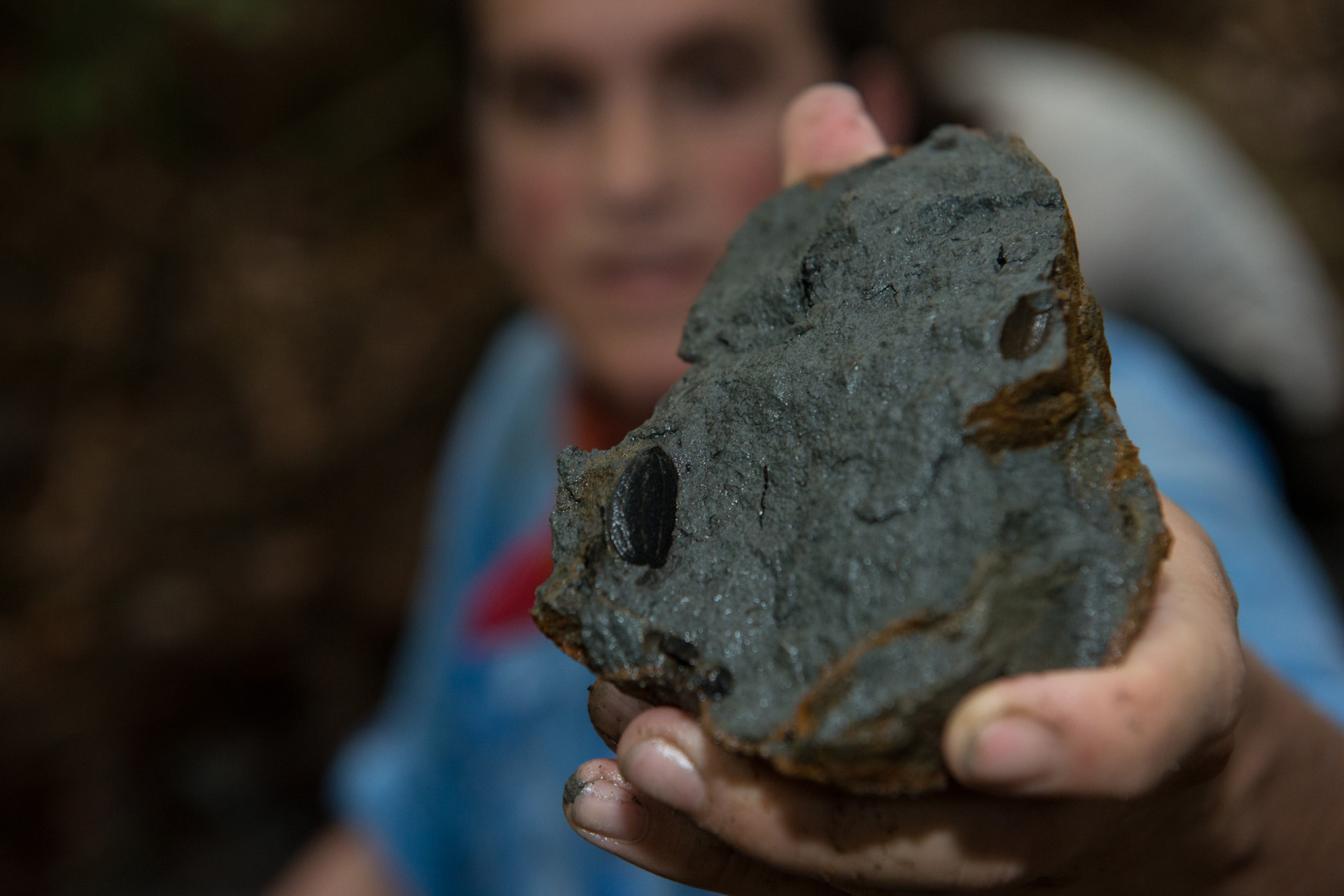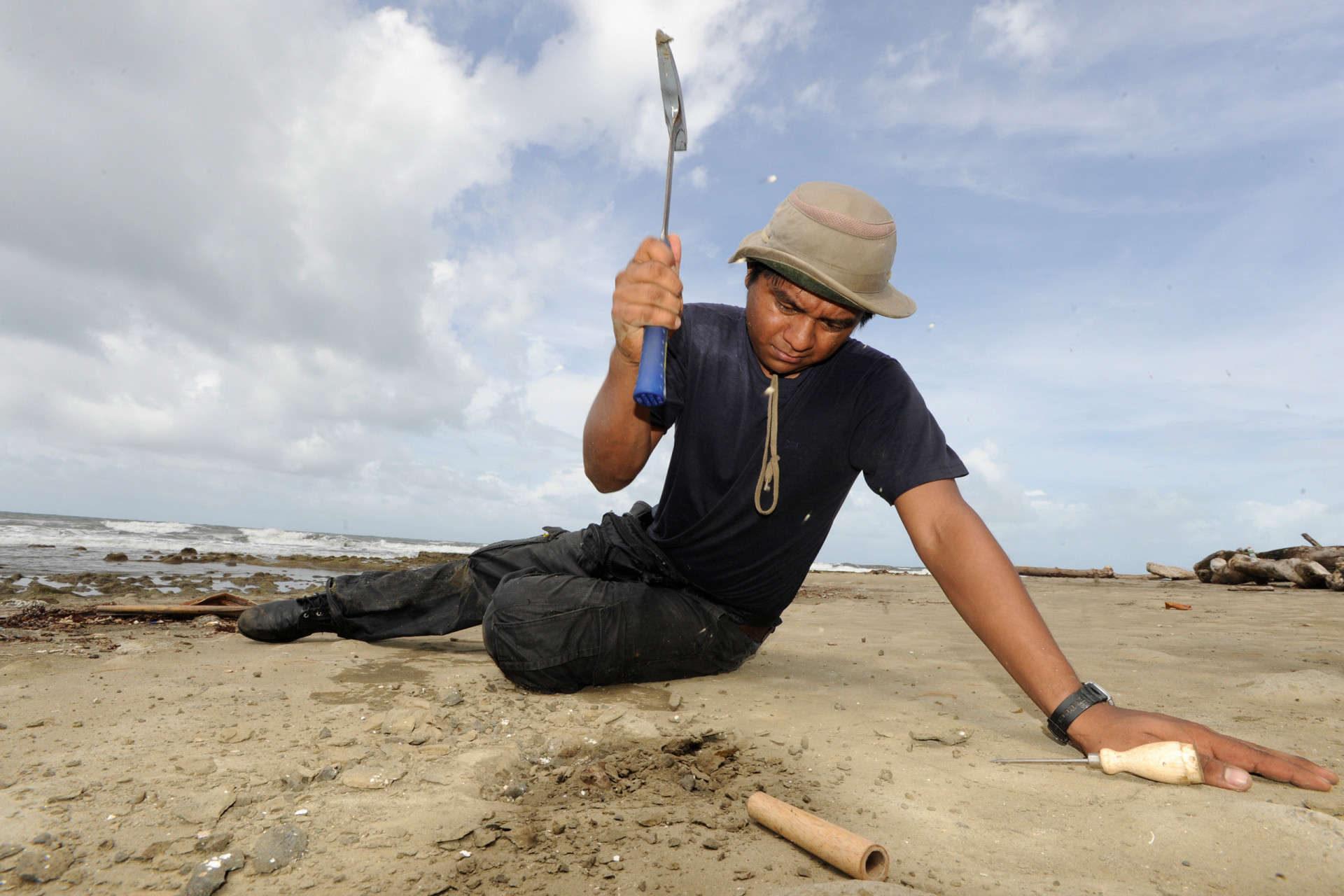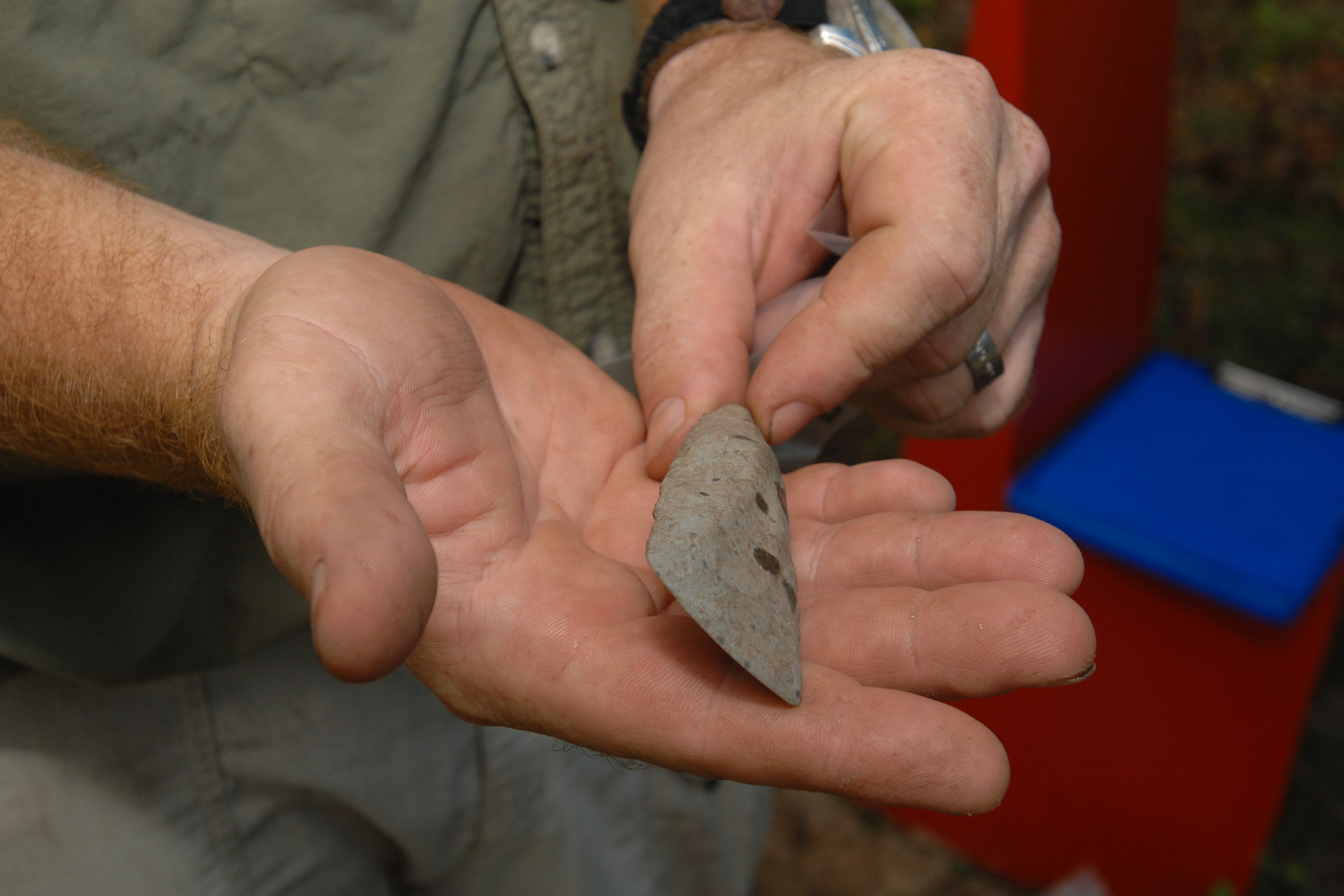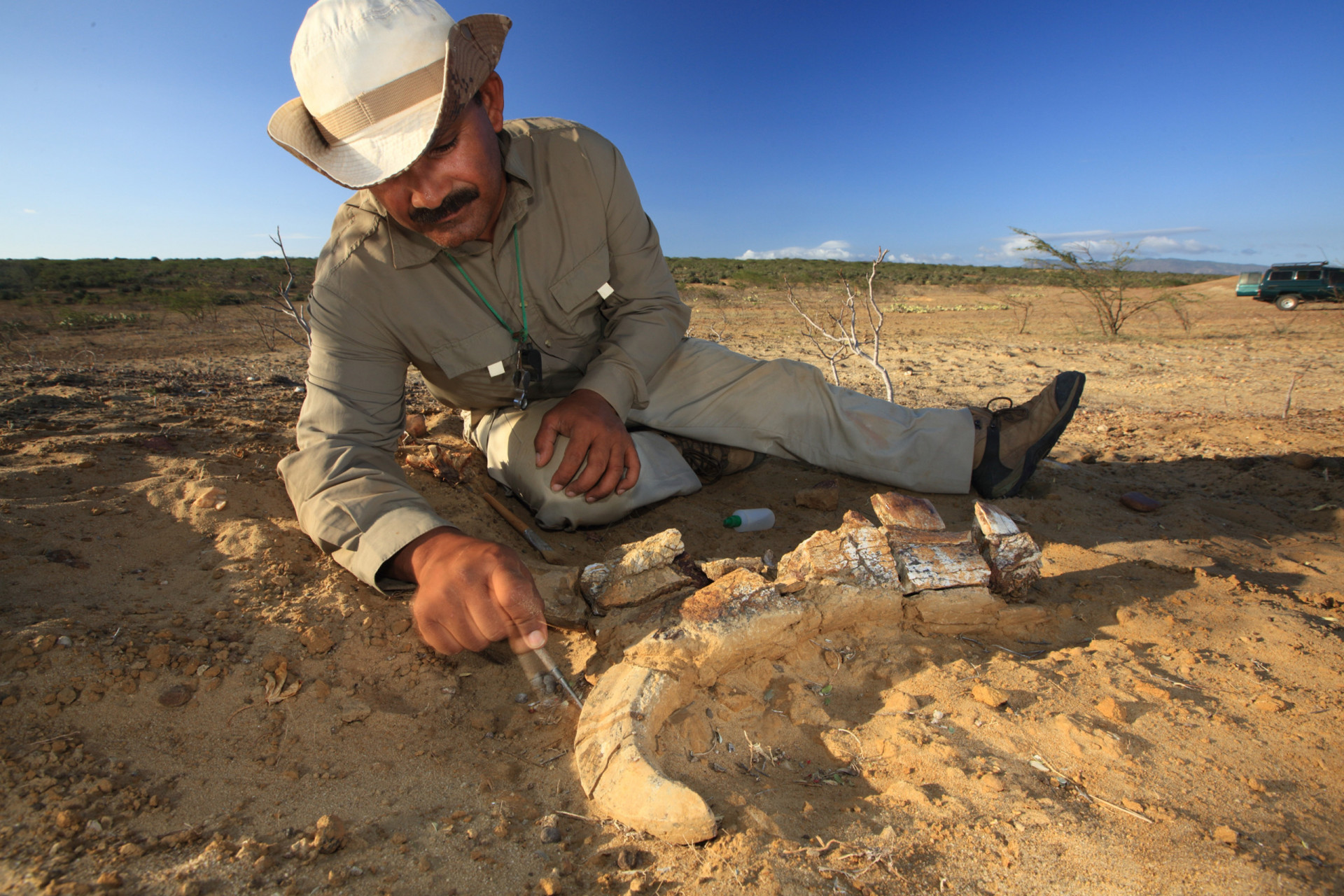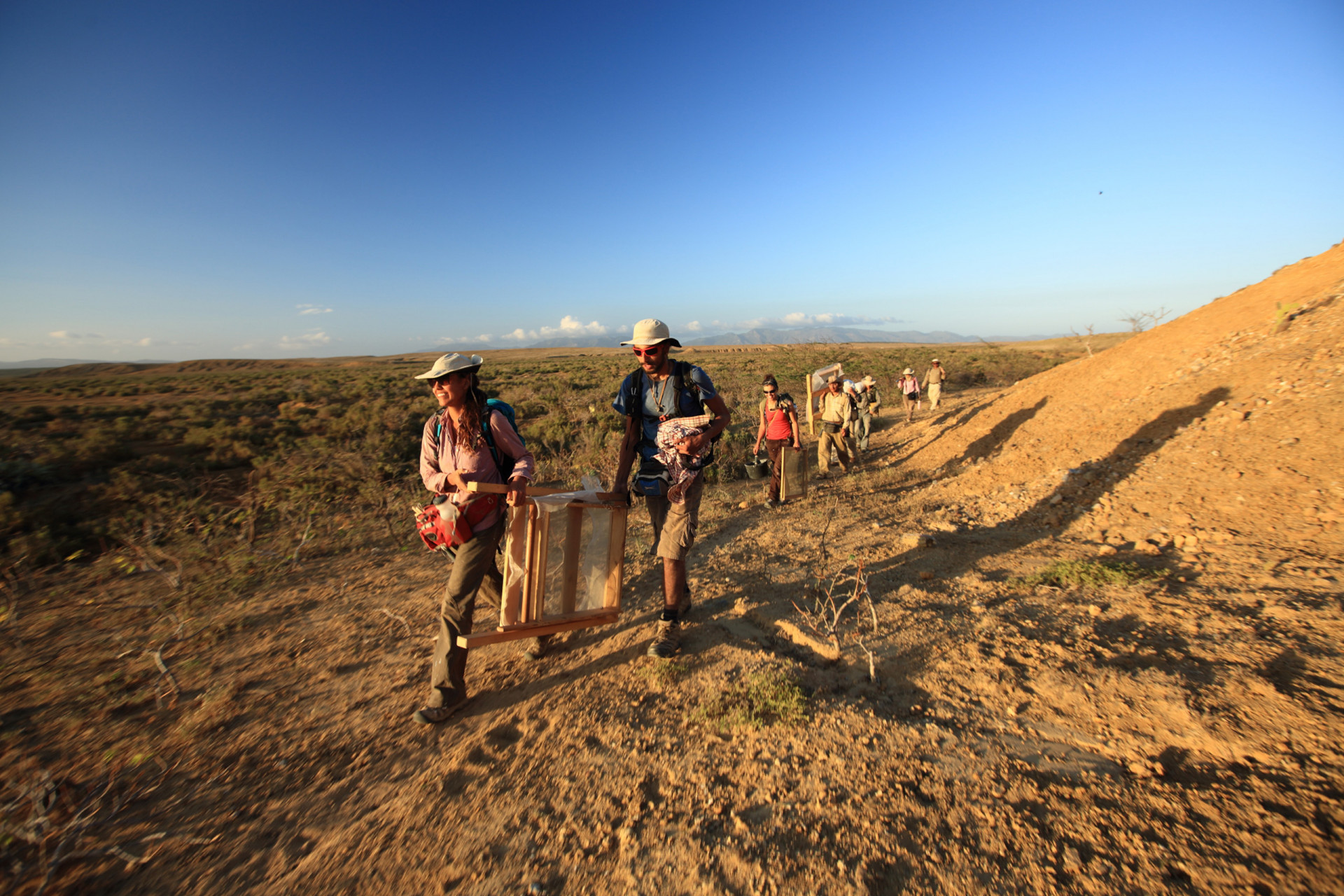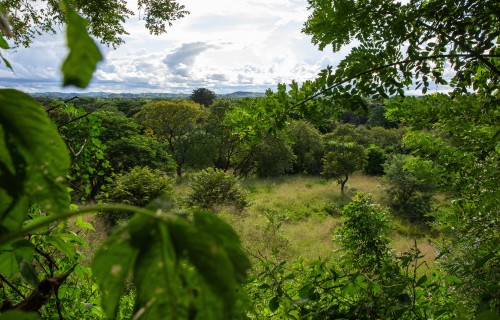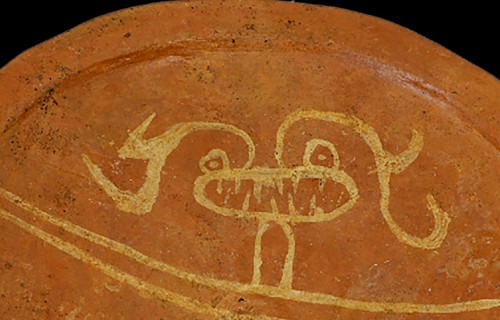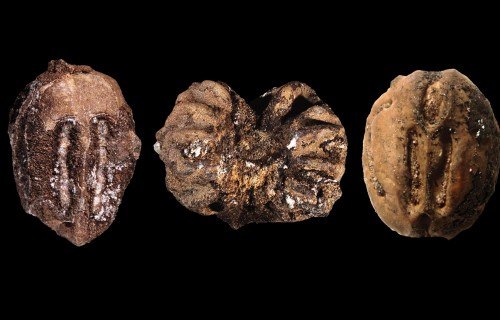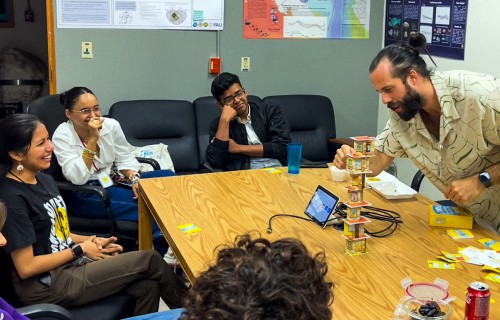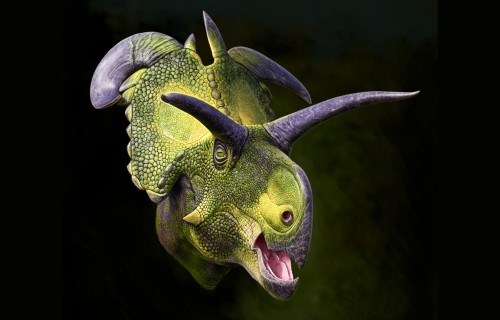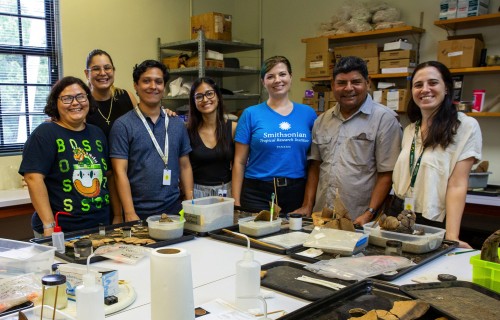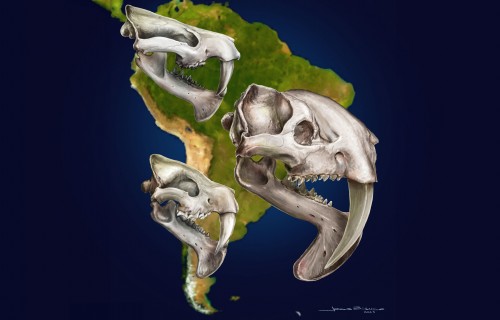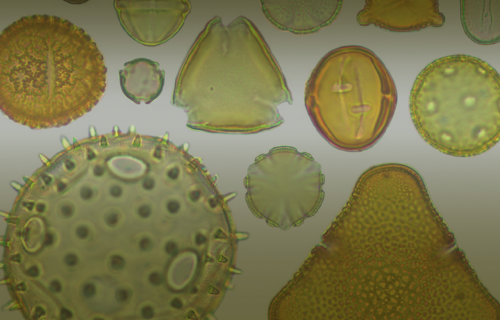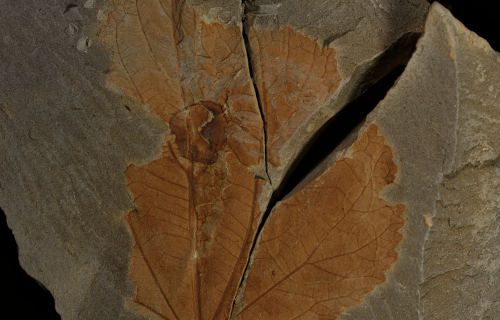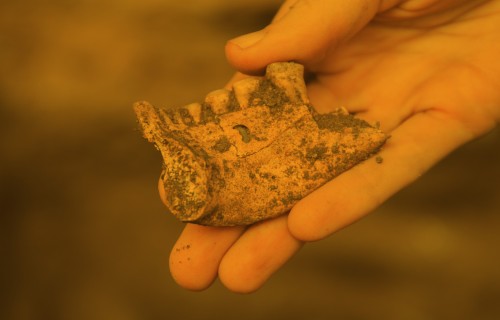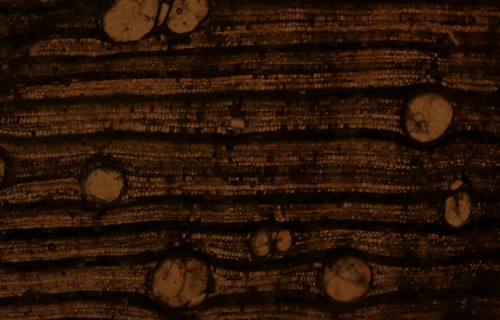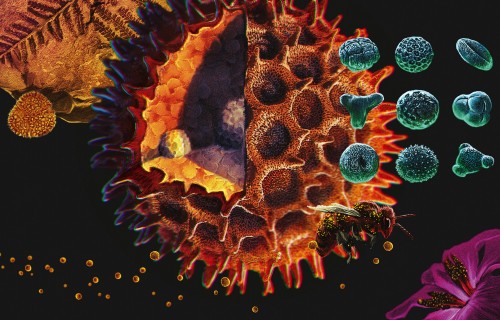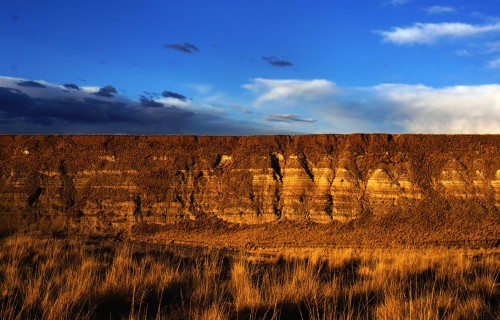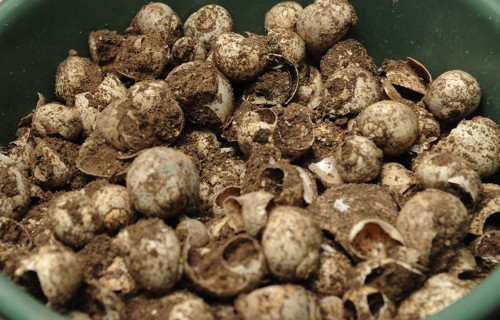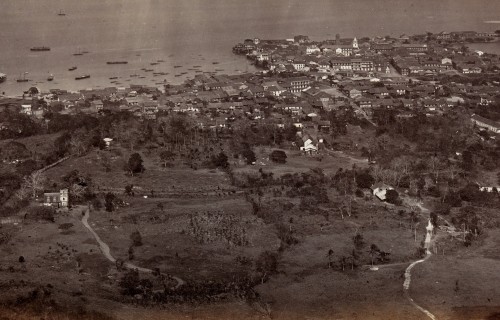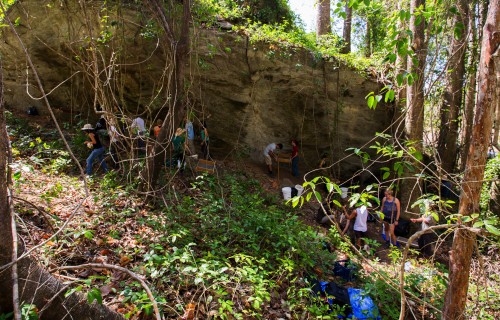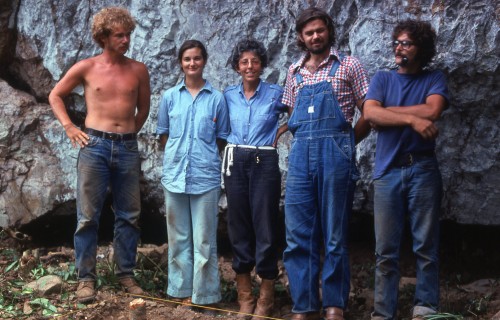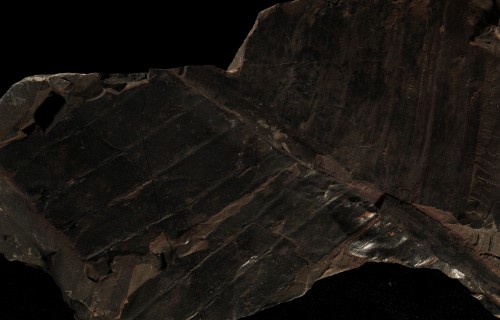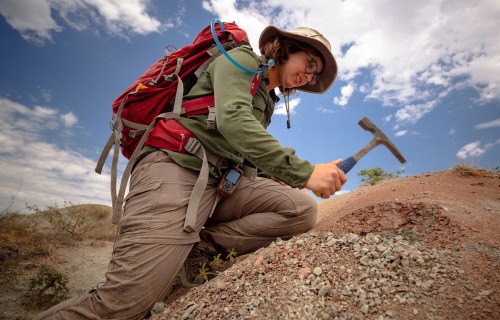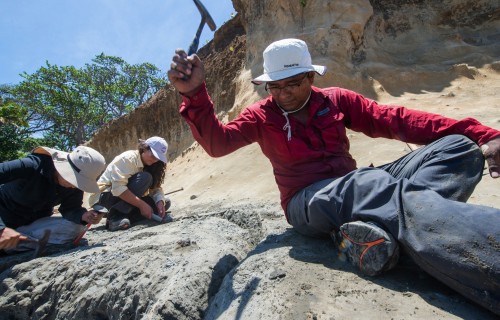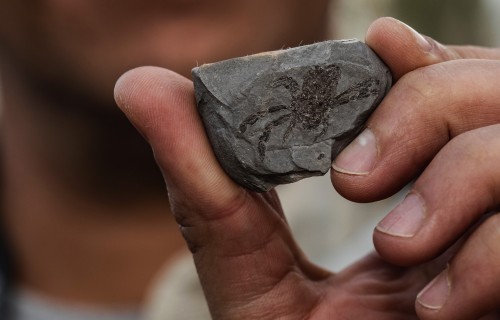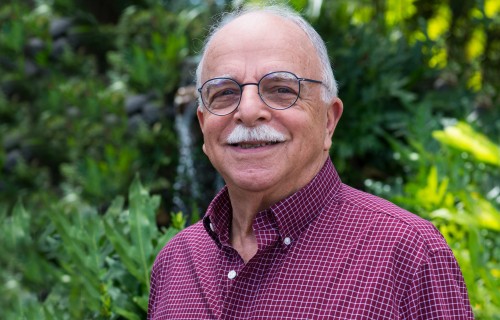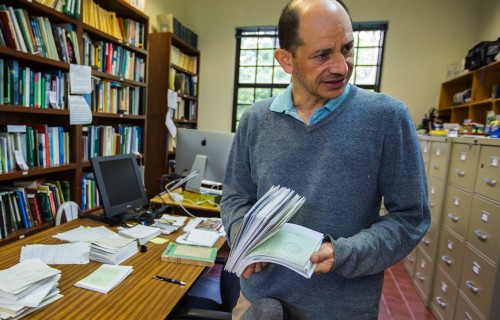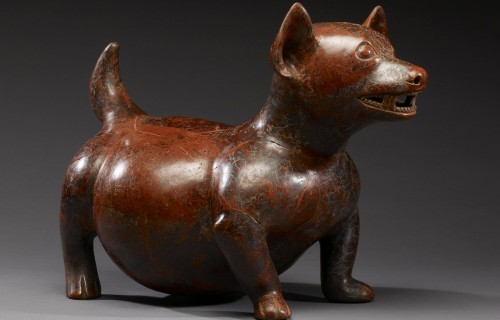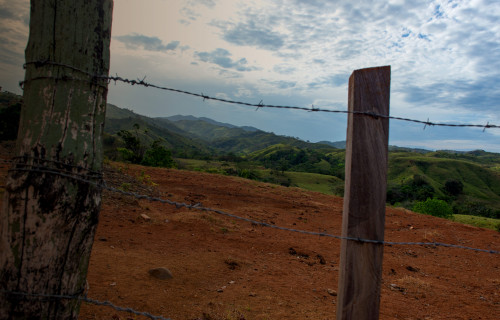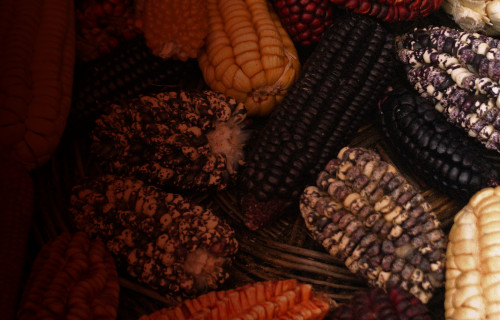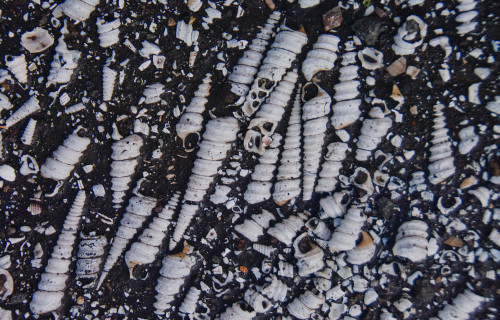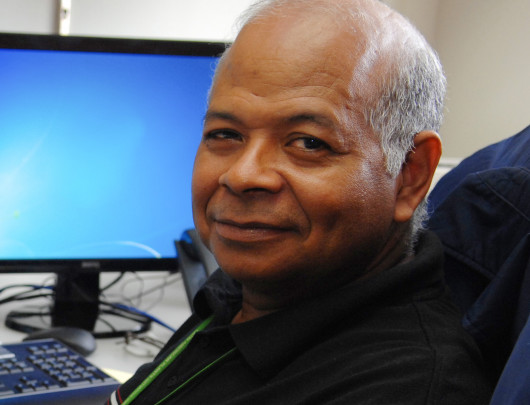




You are here
CTPA
Center for Tropical Paleoecology
and Archaeology
Exploring the tropical peoples
and ecosystems of the past
Projects and Stories
CTPA
Seminars & Events
Currently, we have no upcoming seminars. For more information click here.
Housed in Panama Canal Zone-style building in the former zone’s hospital district, the Center for Tropical Paleoecology and Archaeology convenes geologists, archaeologists and paleoecologists who piece together the history of tropical peoples and habitats. With a wide repertoire of techniques, some pioneered at STRI, CTPA scientists study changes in tropical communities over long time-scales and ask how the earliest known peoples of the tropics understood and used natural resources to survive.
Research
Researchers at the CTPA study changes in terrestrial communities over geologic time scales and human occupation and manipulation of tropical forests over millennia. Many fundamental questions in biology and anthropology require a comprehensive understanding of the past. The tropics’ magnificent diversity of plants, animals, human cultures and languages has a history that is rich in lessons as we seek to protect this diversity for future generations.
Science in Action
PollenGeo. Unlocking the full potential of palynology (Public talk in Spanish)
Archaeologists study the connections
between the deceased buried at
Cerro Juan Díaz, Panama
Rediscovering the Undiscovered: Revitalizing the Cerro Juan Diaz Archaeological Ceramic Collection (Presentation in Spanish)
New species of grapes are the oldest in the Western Hemisphere
Language and cultural “intercambios” bring the Smithsonian Tropical Research Institute community together
New, giant horned dinosaur discovered in the ancient swamps of Montana, United States
Extraordinary fossil find reveals details about the weight and diet of extinct saber-toothed marsupial
Marine fossils unearth story
about Panama’s deep past
Modern pollen as a tool for paleoecological research (talk in Spanish)
What the leaves tell us: stories of extinction and the origins of tropical forests
Exploring the Lives of Ancient Panamanians. Seminar by Ashley Sharpe and Nicole Smith-Guzman
Is this the oldest
cashew on the isthmus?
How the Chicxulub Impactor gave rise to modern rainforests
Modern computational tools
may open a new era for
fossil pollen research
Unequal migration across
the land-bridge millions of years ago
Fossil trees on Peru’s Central Andean Plateau tell a tale of dramatic environmental change
What animal bones tell us about the rise and fall of the Maya in Guatemala
Unearthing the prehistoric
plant species of Panama
Fossil crab reveals a new
branch in the tree of life
Ira Rubinoff,
Emeritus Director,
retires from STRI
“Tropical forests are the result of an
accident of history.” - Carlos Jaramillo.
New book offers
deep-time tour of Colombia
First Evidence of Live-traded
Dogs for Maya Ceremonies
How long has Central America
been so biologically diverse?
Greenhouse “time machine” sheds light on corn domestication

The future CTPA building opens as a research facility administered by the Canal Zone Health Bureau. It served as a medical laboratory, mortuary, crematorium and museum.

The Atlantic-Pacific Interoceanic Canal Study Commission takes possession of the building to initiate studies on the possibility of constructing a sea-level canal.

The Smithsonian Tropical Research Institute (STRI) names the building Ancón and makes it STRI’s administrative headquarters. At this time, it housed the STRI library as well as the offices and labs of scientists.

The Panama Paleontology Project documents a 20-million-year-old sequence of sediments and fossils that reveal the history of the rise of the Isthmus of Panama.
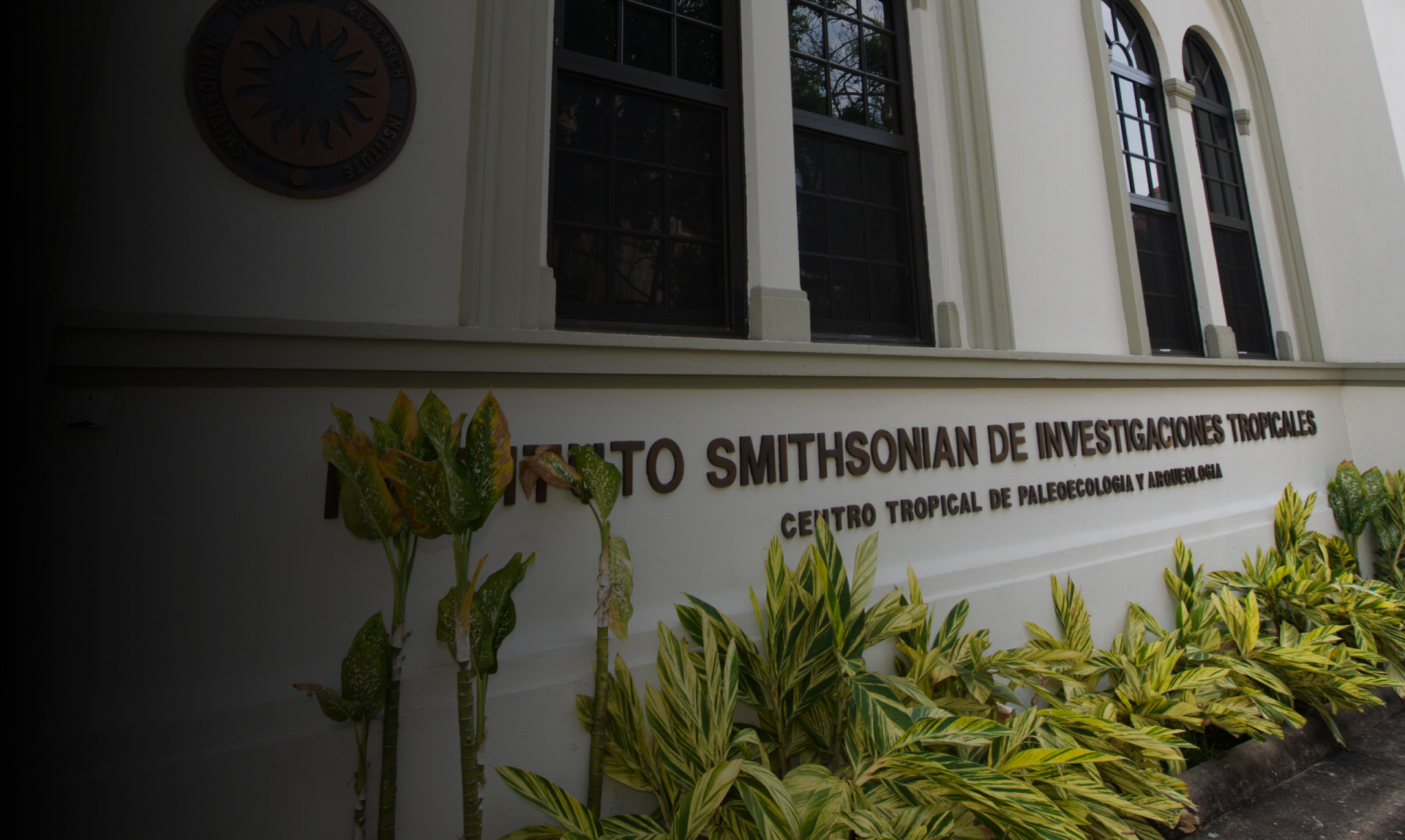
Ancón is renovated and named the Center for Tropical Paleoecology and Archaeology.
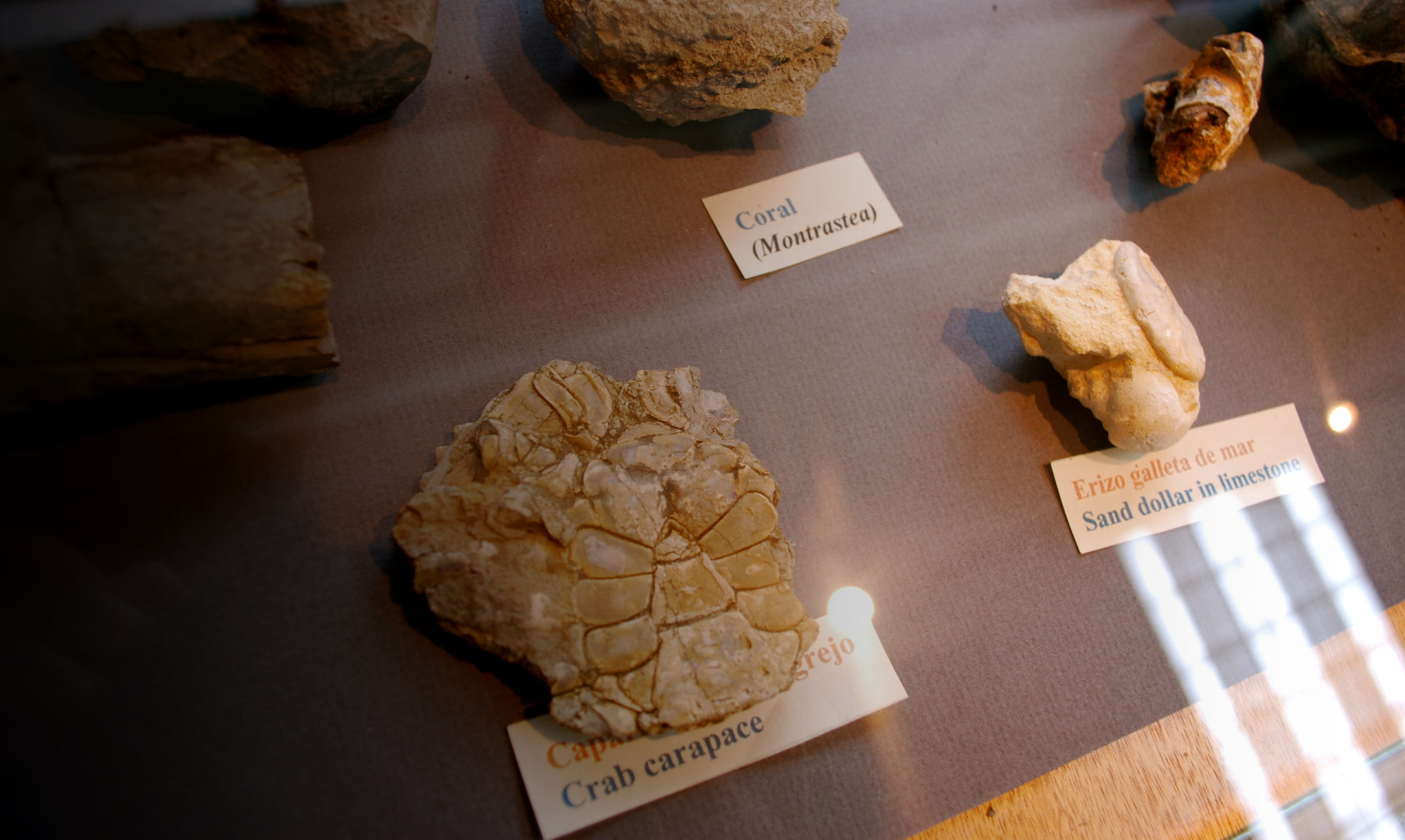
The Panama Canal expansion provides a once-in-a-century opportunity to collect fossils from as it removes over 130 million tons of soil and rock to create a third set of locks.
People
The CTPA staff includes scientists and administrators who help with all aspects of scientific research at the center.
Services and Resources
CTPA’s facilities allow for the processing of fossil and sediment samples and include microscopes, fossil storage, a walk-in-freezer, computer room and a seminar/conference room.
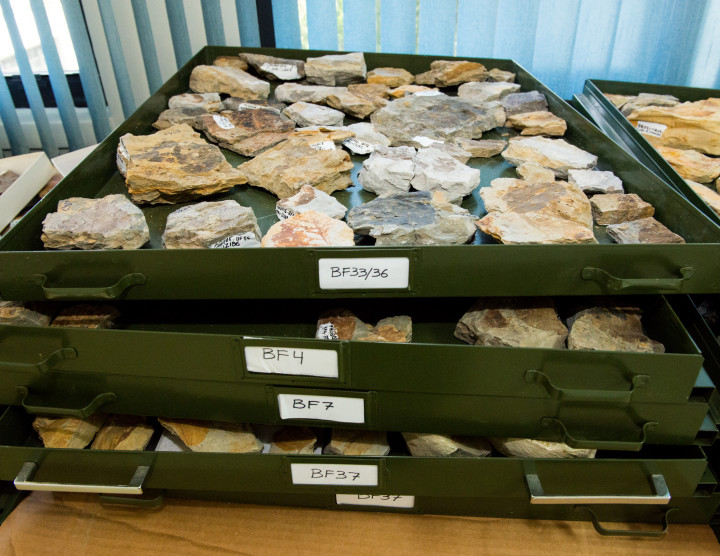
Fossil Collection
Collected by paleontologists and archaeologists over decades, the CTPA fossil includes finely preserved leaves and wood from tropical forests that stood millions of years ago to vestiges of the earliest known humans to live in Central America thousands of years ago. Flora and faunal collections help researchers compile a comprehensive history of tropical habits and their organisms, and how these underwent profound changes over time. The paleoecological records from archaeological sites help understand how early human settlers interacted with the tropical environment.
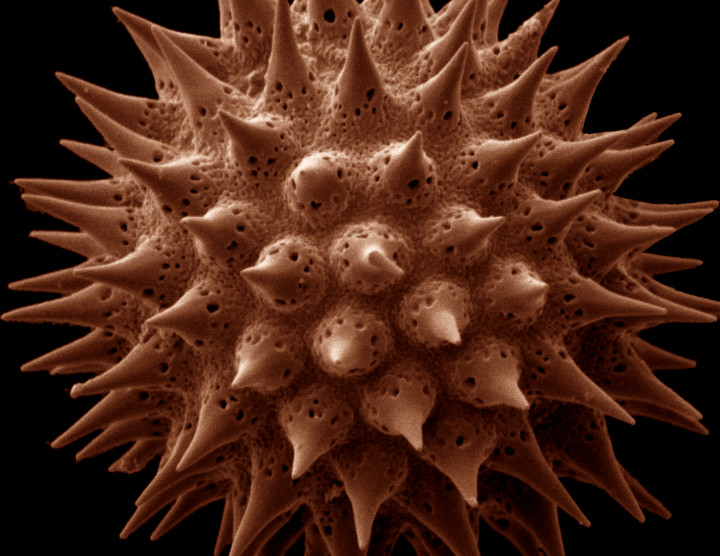
Pollen collection
STRI’s collection of more than 25,000 pollen grains and spores, each mounted on a labeled microscope slide provides worldwide coverage with an emphasis on plants of the Americas. Alan Graham, a professor emeritus at Kent State University and curator at the Missouri Botanical Garden, began the collection in 1954, gathering pollen from plants in the field and from dried specimens in large herbarium collections. A card catalog accompanying the collection is cross-referenced to the slides and contains information on each plant species represented.

Phytolith collection
Tiny, often distinctly shaped bits of opaline silica form within plant cells and remain in archaeological sites thousands of years after the original plant material has decayed. STRI’s Dolores Piperno, a member of the U.S. National Academy of Sciences, built a reference collection of phytoliths from more than 600 species of New World tropical plants. The collection has led to significant discoveries about corn and squash domestication as well as contributing to studies of land-use history.
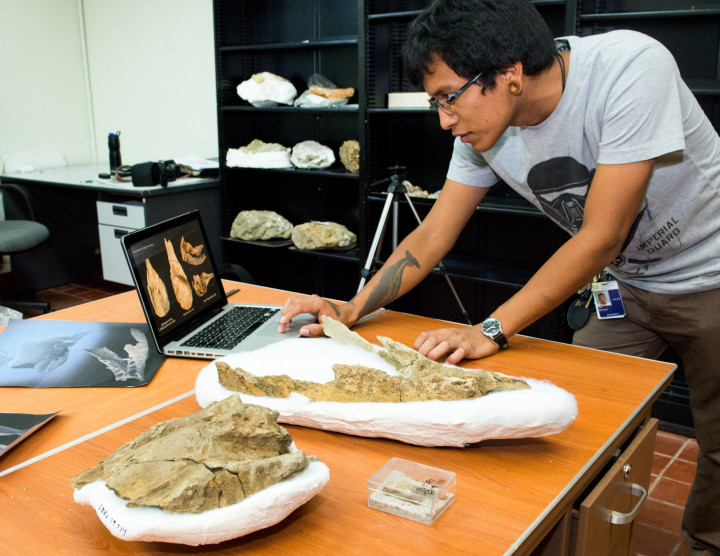
Laboratories and Equipment
As well as housing STRI’s pollen, phytolith and fossil collections, the Ancón building has a laboratory for processing fossil samples. The facility provides four tanks for washing and an oven for drying samples. There is some general use equipment available for common use. Please contact the scientific coordination office for more information.

Accommodations
Ancon Housing is conveniently located near Tupper and CTPA facilities. There are a total of 8 shared apartments that can accommodate up to 20 people. Each apartment is equipped with a kitchenette, and there is a common laundry room available. Wi-Fi and hot water are provided. For more information, please contact vsohousing@si.edu.
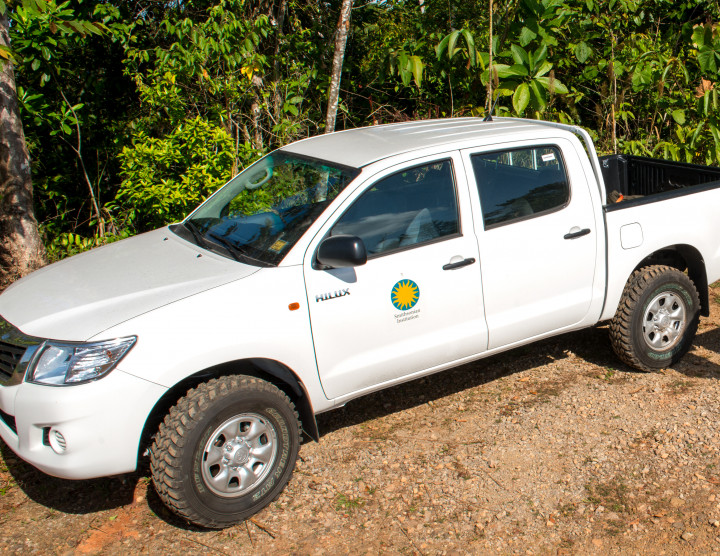
Field Vehicles
There is a 4WD vehicle pool at Tupper for field use. Please contact the visitor services office for information regarding vehicle policy.
Maps and Directions
The CPTA Ancon building is located in Panama City’s Balboa neighborhood, opposite the Supreme Court. It is a 10-minute walk from the Tupper Research, Library, and Conference Center. It has a limited amount of parking.
Contact Us
Visiting Scientists
For information and facilitation of research at CTPA please contact our scientific support staff
Emergencies
Report all emergencies to STRI security
